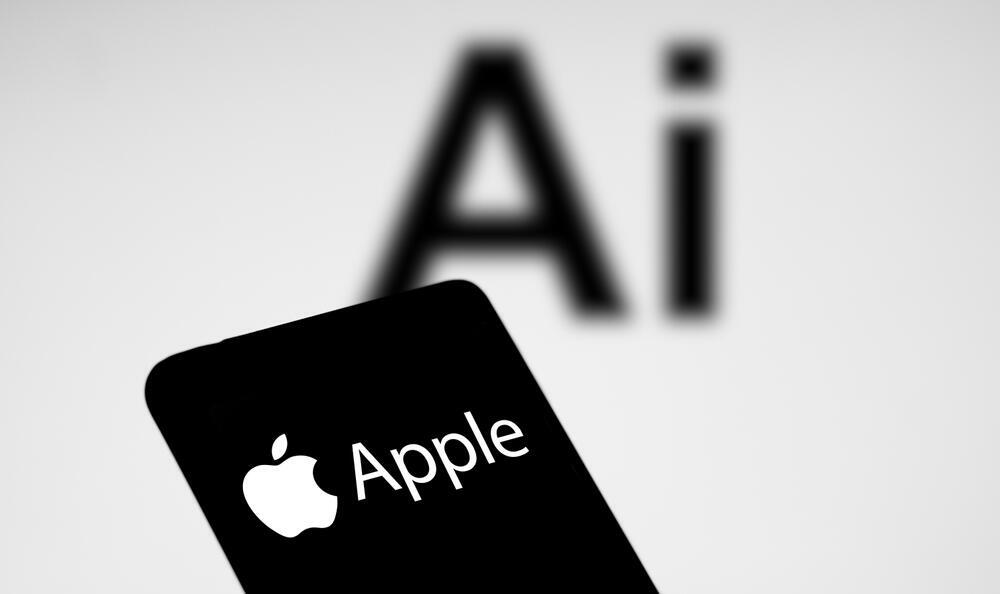Amid growing pressure from the rapid rise of OpenAI’s ChatGPT and Google’s Gemini, Apple is intensifying efforts to overhaul its long-running voice assistant, Siri. The company’s secret internal training tool has now been revealed: “Veritas” (Latin for “truth”), a closed testing platform unavailable to the public.
Veritas allows Apple employees to engage in extended conversations with the next-generation Siri, carry out complex in-app commands, and even retrieve personal user data such as emails and playlists, all as part of testing the system’s effectiveness before its eventual rollout to iPhone users worldwide, Bloomberg reported on Sunday.
Behind Veritas’ chat interface is a new system codenamed “Linwood,” which marks a major shift in Apple’s approach. It combines the company’s own large language models (LLMs) with a third-party model, likely Google’s Gemini, though others such as ChatGPT may also be involved. This hybrid strategy reflects Apple’s willingness to rely on external technology, presumably Gemini, though it remains unclear whether a final deal with Google has been signed.
1 View gallery


Apple enters the AI race
(Photo: Mojahid Mottakin /Shutterstock)
The collaboration is seen as necessary because Apple’s in-house models have yet to meet reliability benchmarks. The current strategy is to use internal engines for private, on-device tasks, while offloading more demanding functions, such as general knowledge and complex analysis, to an external model.
Delays and setbacks: Siri 2.0 won’t arrive soon
Two main reasons are behind the delay. First, technical issues: In internal tests, about one-third of Siri’s new features crashed. Second, a strategic failure: Apple leadership wants Siri to be deeply integrated into the operating system capable of performing tasks like editing photos, managing emails and activating Focus modes, rather than appearing as a bolted-on chatbot. The vision is for Siri to function more like a co-pilot, similar to Microsoft’s Windows assistant.
Currently, aside from Gemini on smartphones, most models can’t handle real application-level personal assistance. For example, asking Gemini in a desktop browser to delete emails based on specific criteria will likely result in a spreadsheet of suggested messages. The actual deletion still has to be done manually.
Apple turmoil: staff exodus, leadership changes
Beyond Siri’s new capabilities, which require deep access to the system’s core and, accordingly, enhanced security protocols, Apple is also dealing with some internal organizational chaos.
In March, responsibility for Siri was moved from John Giannandrea to Mike Rockwell, head of the Vision Pro division, under Craig Federighi, Apple’s senior vice president of software engineering. In addition, Robbie Walker, who had led Siri for years, announced his departure. Meanwhile, several senior developers on the Siri team have defected to Meta, lured by lucrative salaries Apple reportedly chose not to match.
Apple aims to make the new Siri the “first stop” for any action on the iPhone. But reaching that goal means overcoming a fundamental structural challenge: while rivals like ChatGPT improve rapidly by learning from billions of real-world user interactions, Apple, bound by its strict privacy standards, is relying solely on internal testing to achieve similar reliability.
The coming months will be critical. They will determine whether Siri evolves into a smart, quiet, and dependable assistant, capable of complex reasoning and analysis — or remains limited in scope, excelling at simple tasks but falling short in deeper thinking.

